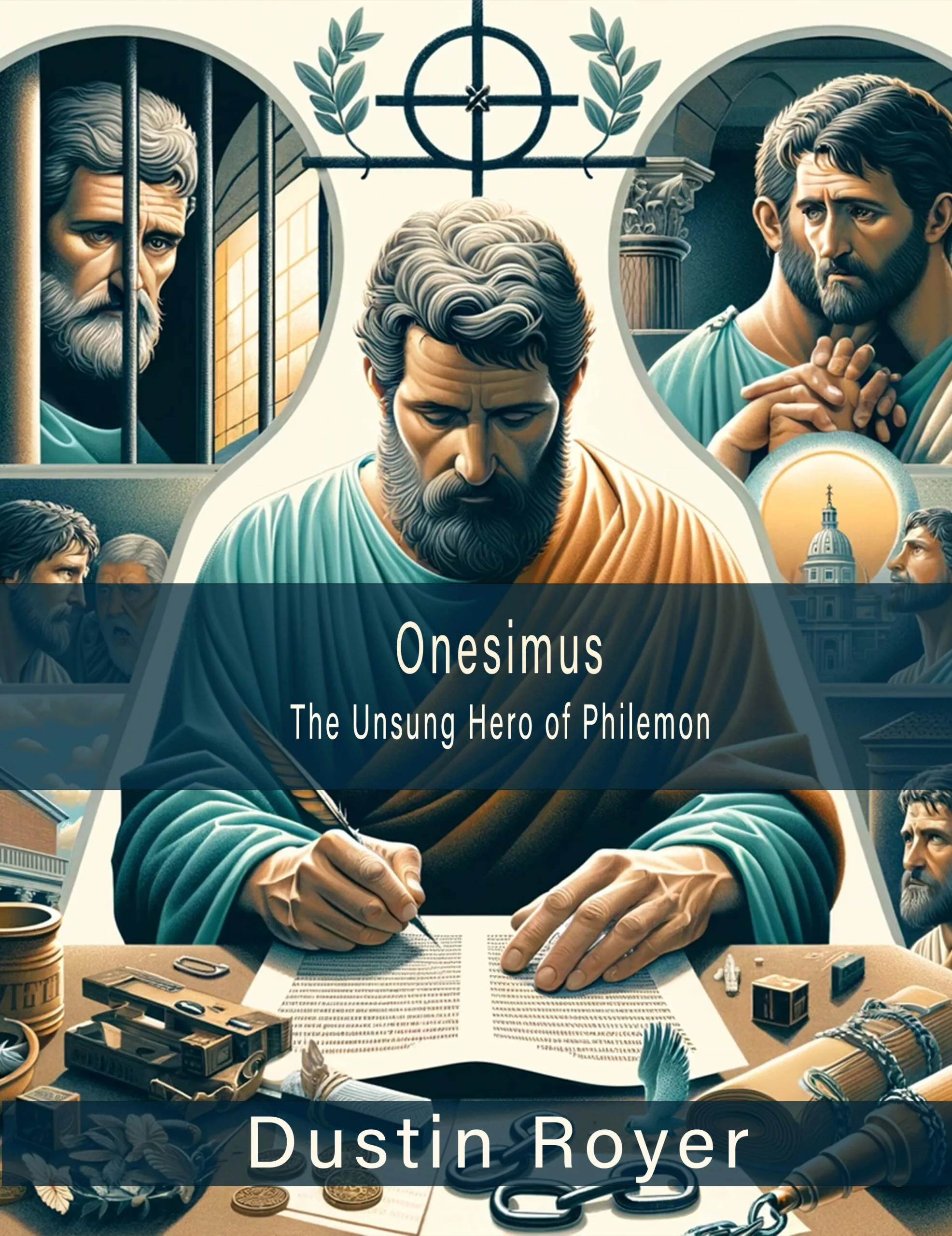
Note: for the best experience please pick-up this book to follow along.
Day 3: A New Identity in Christ
Scripture Focus: Philemon 15-16
Introduction
When we come to Christ, we are no longer defined by our past—we are given a new identity. This truth is at the heart of Paul’s plea in Philemon 15-16. Onesimus, once a runaway slave, is now being sent back not as a slave, but as a beloved brother in Christ. This transformation reflects the radical power of the gospel to redefine who we are.
More Than a Slave—A Brother in Christ (Philemon 15-16)
Paul encourages Philemon to see Onesimus through a new lens:
✔ “For this perhaps is why he was parted from you for a while, that you might have him back forever, no longer as a bondservant but more than a bondservant, as a beloved brother.” (v. 15-16)
Paul is saying: Maybe Onesimus’ temporary separation was part of God’s bigger plan—so he could return, not as a slave, but as a transformed man in Christ.
✔ “More than a bondservant” – Onesimus is no longer just a worker or property; his worth is now found in Christ.
✔ “A beloved brother” – Paul emphasizes Onesimus’ new family identity—he and Philemon are now spiritual brothers.
This is a profound shift. In Christ, our earthly labels and past failures do not define us—our identity as children of God does.
Breaking Barriers Through the Gospel
This moment in Philemon challenges the social norms of the time. In the Roman world, slaves were seen as property, not family. Yet Paul urges Philemon to treat Onesimus as an equal.
✔ The gospel breaks down social, racial, and class barriers (Galatians 3:28).
✔ Our spiritual identity surpasses our earthly status.
Imagine how radical this was—Philemon was being called to view his former slave as a brother. This was not just forgiveness; it was a complete transformation of their relationship.
Application: How Does Knowing Our Identity in Christ Change Us?
- We see others differently – If we are all one in Christ, we must treat others with love, dignity, and grace.
- We let go of the past – Just as Onesimus was not defined by his mistakes, neither are we.
- We live in freedom – Our worth is not based on worldly labels but on who we are in Christ.
Final Thought
When we embrace our new identity in Christ, we also learn to see others through the lens of grace. As you reflect on Philemon 15-16, ask yourself: Do I still define myself (or others) by the past, or by the transforming power of Christ?
Reflection Question:
How does seeing yourself as a child of God impact the way you live and interact with others?